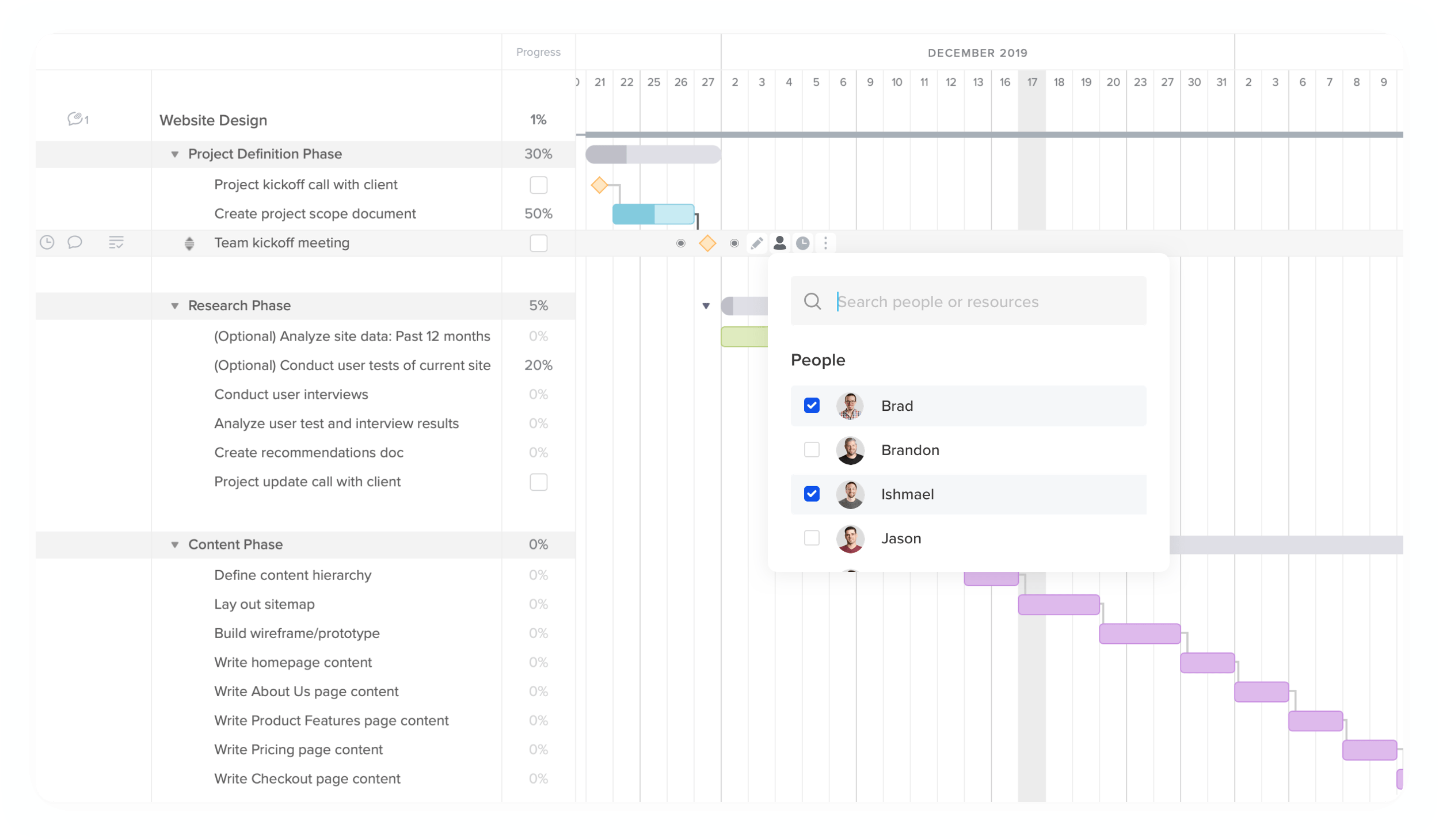
Department of Solid Waste Management - Job Openings
Department of Solid Waste Management has job openings for people with solid waste experience. If you are interested in working in this department, you should apply online. This agency offers competitive compensation and benefits. These benefits include short-term disability and life insurance as well medical, vision, and dental insurance. Stock purchase plans, company matches and 401K accounts also available. The company also offers personal days.
Lage of facilities
The Department of Solid Waste Management of Miami-Dade County offers a range of services for the community. The services offered by the Department of Solid Waste Management include bulk trash removal, recycling, and garbage collection. The Department is the largest state-owned waste collection system in the southeastern United States. They also have one of the best-equipped waste-to-energy plants in the world. Services include commercial recycling and residential trash pickup.

Miami, Florida is home to Covanta's waste–to-energy facility. Commercial operations began in 1985. The company operates the facility under the supervision of the Miami-Dade County. Recently, the county approved a Fourth Amended and Restated Operations and Management Agreement. County officials expressed interest in building a new facility with a mass combustion process. The preliminary cost estimate for the project is between $900 million and $1 billion.
Recycling rates in Miami-Dade County
The Miami-Dade County recycling rate is 18. This county uses a formula that adds up two types of recyclable material. Contamination is the reason for low curbside recycling. Florida's largest source for recycled material comes from commercial waste. Because Miami-Dade does not collect commercial waste, it is not required to report recycling numbers to the state.
Compology is a company that offers camera-based metering services to increase recycling rates within Miami-Dade County. This partnership will see cameras installed in recycling bins and waste containers. This partnership will enable the city's monitoring of the recycling materials and their types.
Service charges
Waste management in Miami is a competitive business. There is no price regulation for waste disposal. The haulers only charge what they think it's worth to remove your waste. Local recycling programs offer businesses the opportunity to cut down on waste volume and reduce costs. To reduce hauling costs, businesses can save money by compacting recyclables.

Miami-Dade County’s Department of Solid Waste Management noticed that its costs have risen and has decided increase customer fees. The proposed fee increase will add $25 to the annual cost of household bills, which is approximately $2.08 per person. The proposed fee hike won't be enough to cover the $350 million deficit in the department's operating budget. Therefore, more subsidies will be needed in the future.
FAQ
How can a manager improve his/her managerial skills?
It is important to have good management skills.
Managers need to monitor their subordinates' performance.
You must quickly take action if your subordinate fails to perform.
It is important to be able identify areas that need improvement and what can be done to improve them.
What are the top management skills?
Managerial skills are crucial for every business owner, regardless of whether they run a small store in their locality or a large corporation. These skills include the ability manage people, finances and resources as well as other factors.
You will need management skills to set goals and objectives, plan strategies, motivate employees, resolve problems, create policies and procedures, and manage change.
There are so many managerial tasks!
What are the 3 main management styles?
These are the three most common management styles: participative (authoritarian), laissez-faire (leavez-faire), and authoritarian. Each style has strengths and flaws. Which style do your prefer? Why?
Autoritarian - The leader sets direction and expects everyone else to follow it. This style is most effective when an organization is large, stable, and well-run.
Laissez-faire – The leader gives each individual the freedom to make decisions for themselves. This style works best when the organization is small and dynamic.
Participative – The leader listens and takes in ideas from all. This style is best for small organizations where everyone feels valued.
What are the four main functions of management?
Management is responsible of planning, organizing, leading, and controlling people as well as resources. It includes creating policies and procedures, as well setting goals.
Management is the ability to direct, coordinate, control, motivate, supervise, train, and evaluate an organization's efforts towards achieving its goals.
The four main functions of management are:
Planning - Planning involves determining what needs to be done.
Organizing – Organizing means deciding how to organize things.
Direction - This is the art of getting people to follow your instructions.
Controlling – This refers to ensuring that tasks are carried out according to plan.
What does it mean to say "project management"
We mean managing the activities involved in carrying out a project.
We help you define the scope of your project, identify the requirements, prepare the budget, organize the team, plan the work, monitor progress and evaluate the results before closing down the project.
Statistics
- The BLS says that financial services jobs like banking are expected to grow 4% by 2030, about as fast as the national average. (wgu.edu)
- 100% of the courses are offered online, and no campus visits are required — a big time-saver for you. (online.uc.edu)
- This field is expected to grow about 7% by 2028, a bit faster than the national average for job growth. (wgu.edu)
- Hire the top business lawyers and save up to 60% on legal fees (upcounsel.com)
- As of 2020, personal bankers or tellers make an average of $32,620 per year, according to the BLS. (wgu.edu)
External Links
How To
How can you create a Quality Management Plan, (QMP)?
The Quality Management Plan (QMP) was established in ISO 9001. It is a systematic way to improve processes, products and services. It helps to improve customer satisfaction and product/service quality by continuously measuring, analyzing, controlling and improving.
QMP is a method that ensures good business performance. QMP helps improve production, service delivery and customer relationships. QMPs should address all three dimensions: Products, Services, and processes. When the QMP includes only one aspect, it is called a "Process" QMP. When the QMP focuses on a Product/Service, it is known as a "Product" QMP. QMP is also used to refer to QMPs that focus on customer relations.
There are two key elements to implementing a QMP: Strategy and Scope. They are defined as follows:
Scope is what the QMP covers and how long it will last. This scope can be used to determine activities for the first six-months of implementation of a QMP in your company.
Strategy: This is the description of the steps taken to achieve goals.
A typical QMP is composed of five phases: Planning Design, Development, Implementation and Maintenance. Below is a description of each phase:
Planning: In this stage, the objectives of the QMP are identified and prioritized. To understand the expectations and requirements of all stakeholders, the project is consulted. Once the objectives and priorities have been identified, it is time to plan the strategy to achieve them.
Design: In this stage, the design team designs the vision and mission, strategies, as well as the tactics that will be required to successfully implement the QMP. These strategies can be implemented through the creation of detailed plans.
Development: Here, the development team works towards building the necessary capabilities and resources to support the implementation of the QMP successfully.
Implementation: This involves the actual implementation of the QMP using the planned strategies.
Maintenance: The maintenance of the QMP is an ongoing task.
Additional items must be included in QMP.
Stakeholder Involvement: Stakeholders are important for the success of the QMP. They should be involved in planning, design, development and implementation of the QMP.
Project Initiation - A clear understanding of the problem statement, and the solution is necessary for any project to be initiated. This means that the initiator should know why they want something done and what they hope for from the end result.
Time Frame: The time frame of the QMP is very critical. If you plan to implement the QMP for a short period, you can start with a simple version. For a long-term commitment you may need more complicated versions.
Cost Estimation - Cost estimation is an important part of the QMP. Planning is not possible without knowing the amount of money you will spend. Cost estimation is crucial before you begin the QMP.
QMPs are not only a document, but also a living document. This is the most important aspect of QMPs. It evolves as the company grows and changes. So, it should be reviewed periodically to make sure that it still meets the needs of the organization.